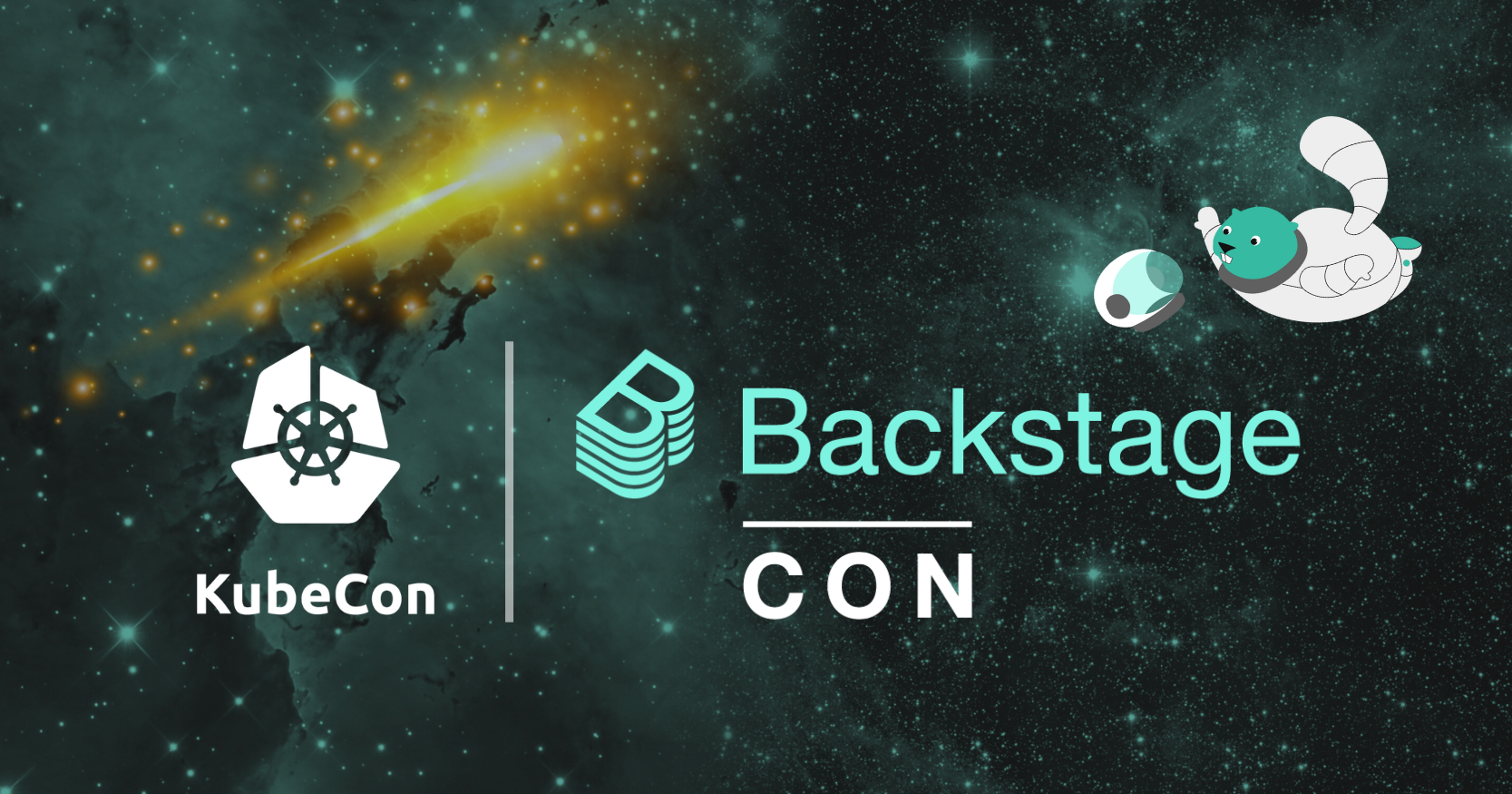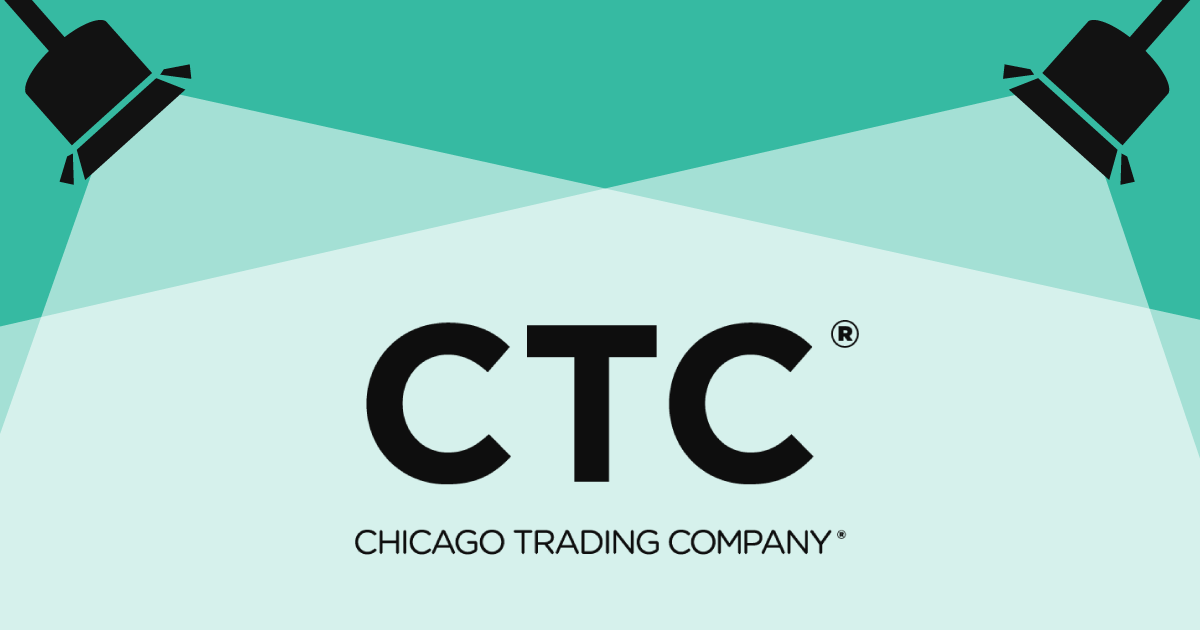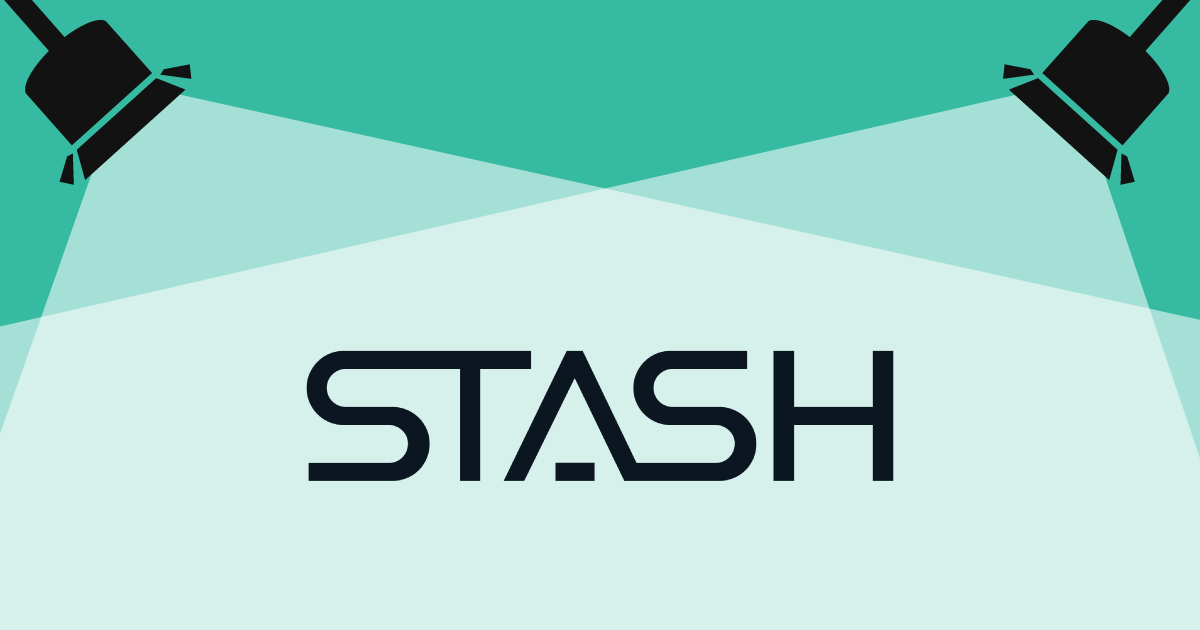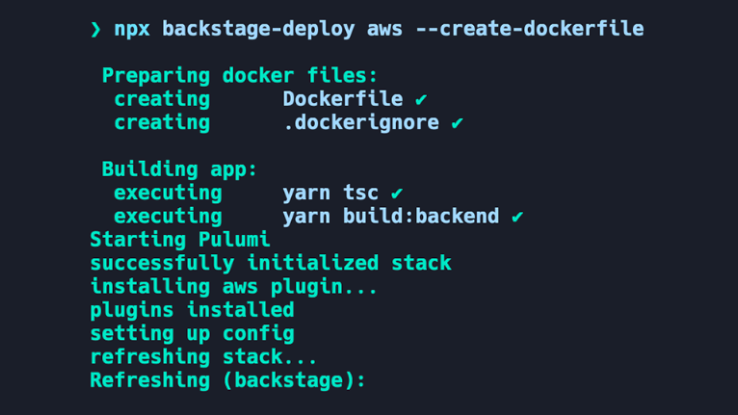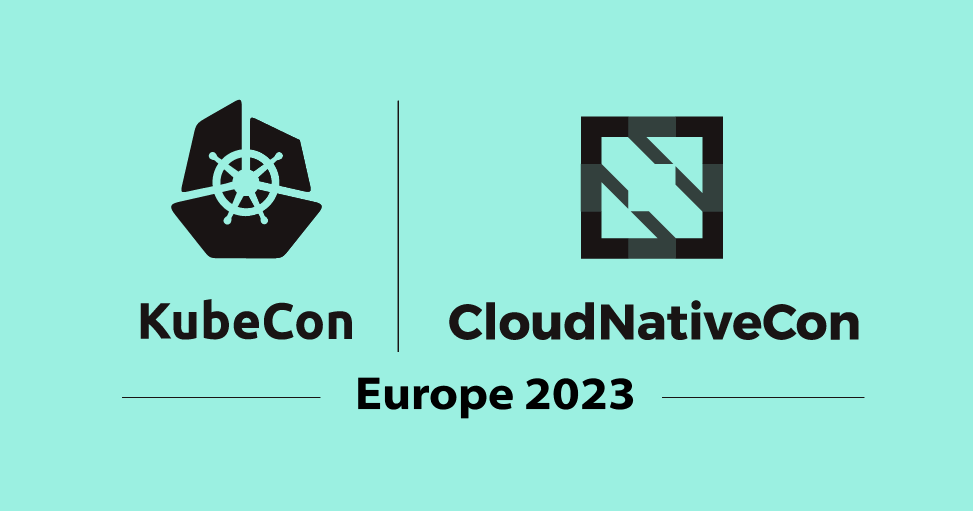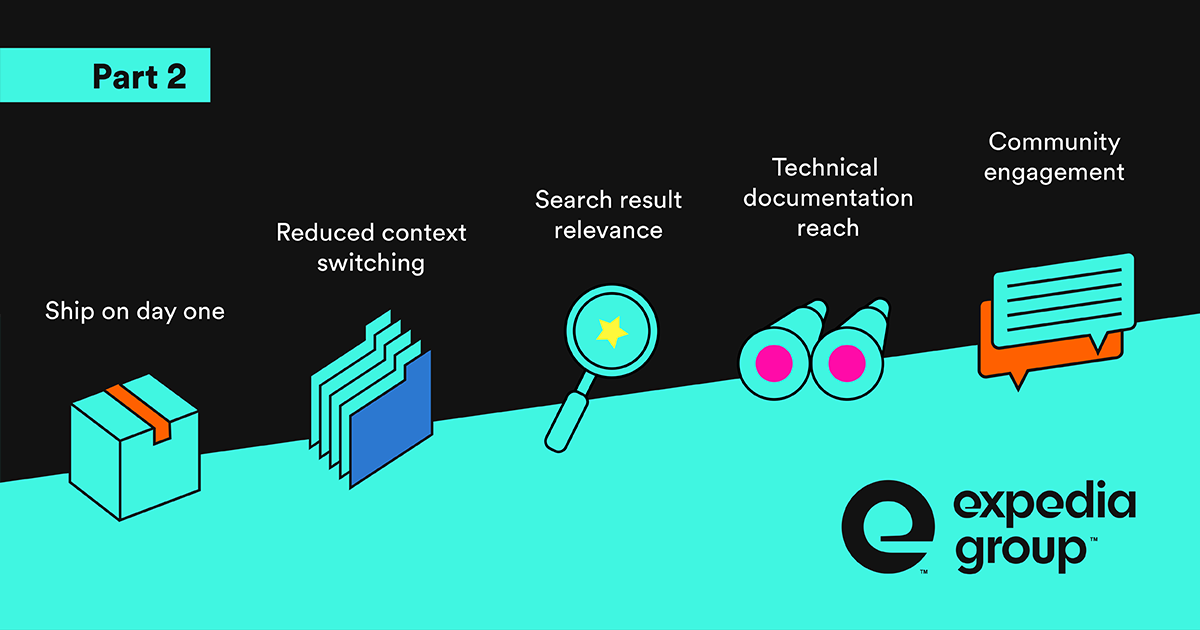
Editor's Note: In this post, Expedia Group provides a follow-up to their initial Q4 2021 post on how they measure Backstage proof of value.
We're grateful to the Expedia Group team for sharing their processes, revised proof of value metrics, and adaptations to their approach over time in hopes of providing a successful framework for the rest of the Backstage community.
Expedia Group's mission is to power global travel for everyone, everywhere.
This vision is made possible through Expedia Group's massive platform, which connects 168 million loyalty members, 50 thousand B2B partners, 3 million properties and 500 airlines, car rentals and cruise lines across the globe. In short, the scale of our platform is enormous, which means that we need to scale our engineering capabilities as well so we can continue to provide seamless experiences to our travelers and partners.
